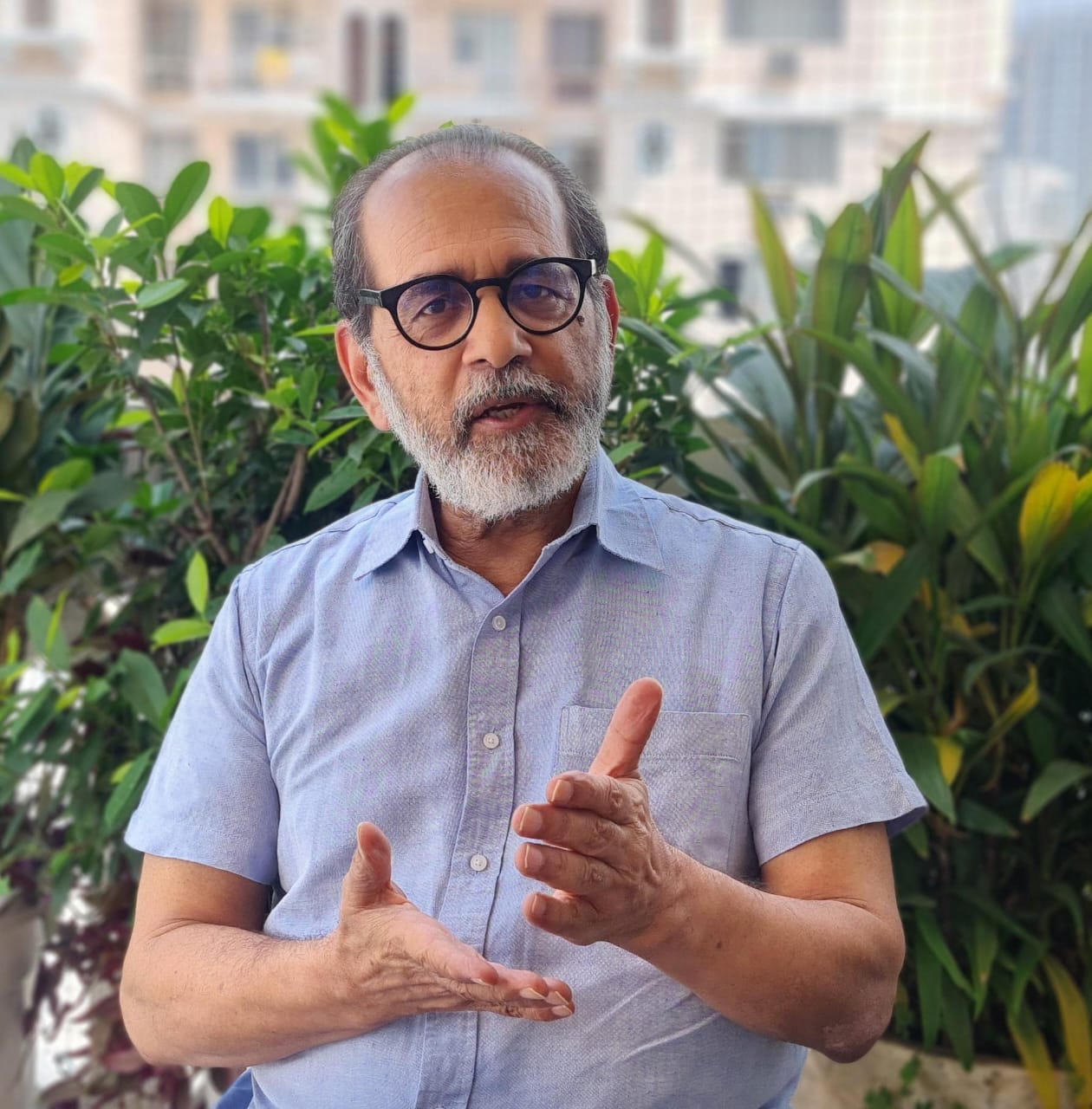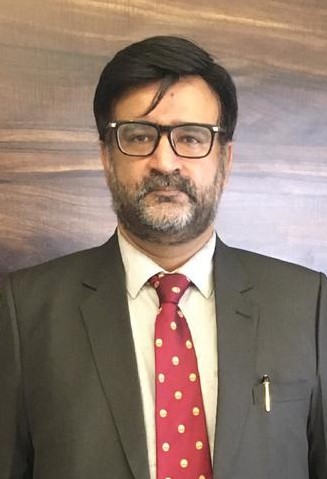In this moment of geopolitical fluidity, Türkiye and Iraq have been drawn to each other. Economic and security agreements can help solidify the relationship.
Derya Göçer, Meliha Altunışık

Source: Getty
The latest statements made by the head of Iran's Atomic Energy Organization regarding the country's willingness to cooperate with the International Atomic Energy Agency do not bode well for the success of the recent Russian initiative to reinvigorate multilateral nuclear talks.
At the end of August it was reported1 that Fereydoun Abbasi, the head of Iran’s Atomic Energy Organisation, had suggested that “Iran is ready for increased cooperation with the IAEA on the condition the U.N. watchdog limit the number of points it wants clarified,” adding “As long as we don’t receive these questions in an official manner, we cannot respond.”
Carnegie does not take institutional positions on public policy issues; the views represented herein are those of the author(s) and do not necessarily reflect the views of Carnegie, its staff, or its trustees.
In this moment of geopolitical fluidity, Türkiye and Iraq have been drawn to each other. Economic and security agreements can help solidify the relationship.


Derya Göçer, Meliha Altunışık
An exploration into how India and Pakistan have perceived each other’s manipulations, or lack thereof, of their nuclear arsenals.

Rakesh Sood
For Putin, upgrading Russia’s nuclear forces was a secondary goal. The main aim was to gain an advantage over the West, including by strengthening the nuclear threat on all fronts. That made growth in missile arsenals and a new arms race inevitable.

Maxim Starchak
A close study of five crises makes clear that Cold War logic doesn’t apply to the South Asia nuclear powers.

Moeed Yusuf, Rizwan Zeb
The uprisings showed that foreign military intervention rarely produced democratic breakthroughs.


Amr Hamzawy, Sarah Yerkes